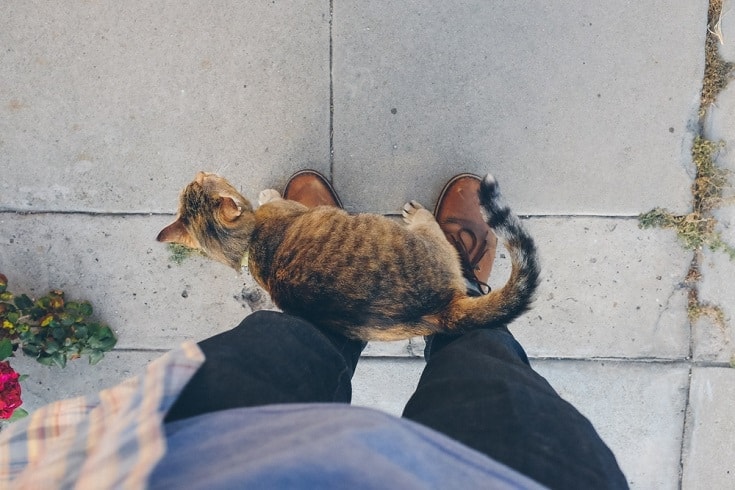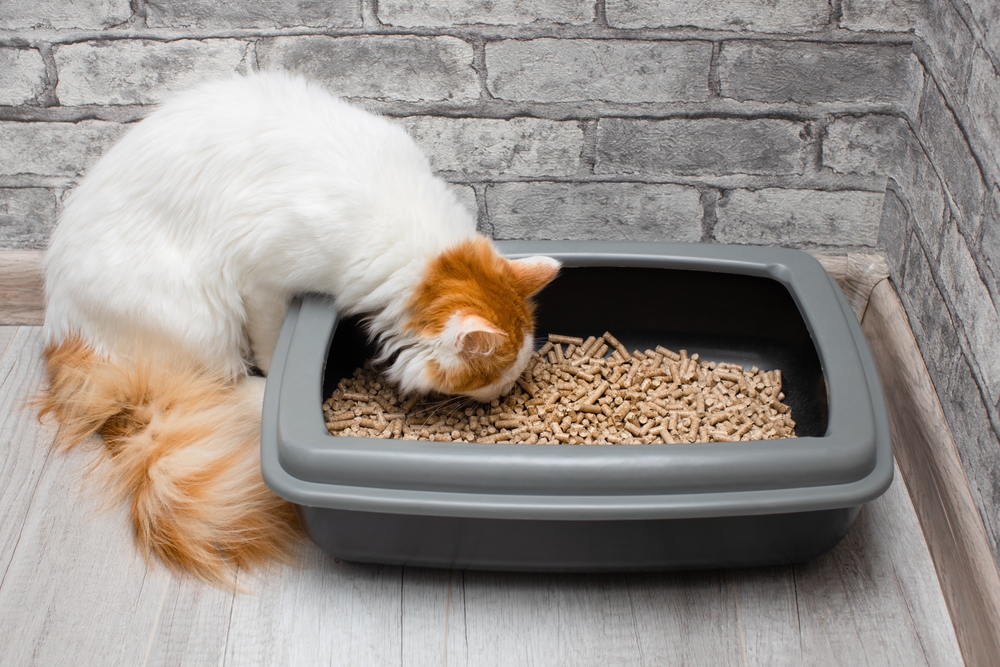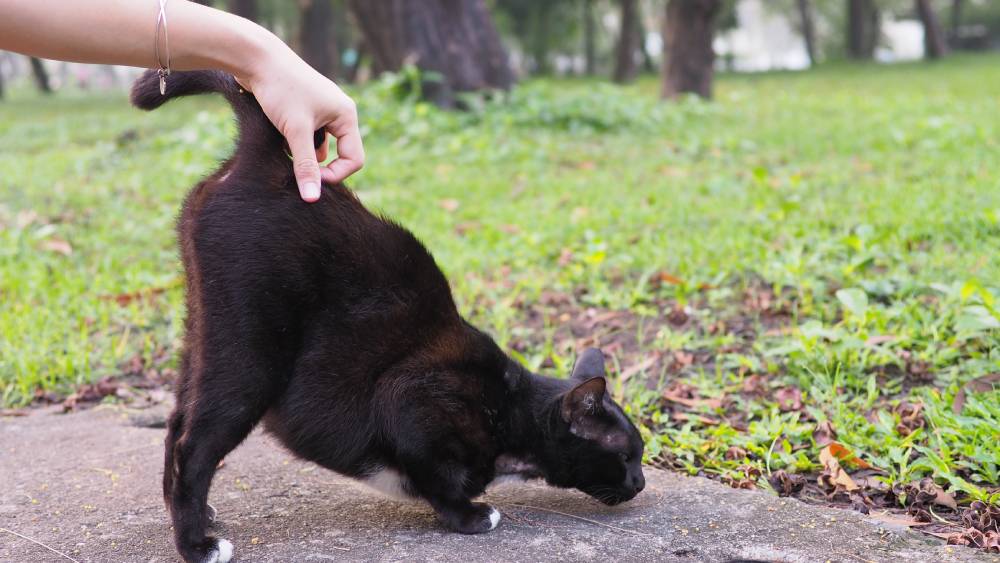Cats are unusual animals with some strange behaviors at times, but cat owners have learned their strange rituals and gotten to know some of the reasons behind specific behavior. Every pet parent adores cuddling and spending every minute of their day near their pets. Cat owners know best what it’s like to cuddle all day with their cat but get the silent treatment the next day. One thing that can be weird for cat owners is when their lovely feline friend becomes too codependent and overly attached. Since we all know how independent cats are and how they enjoy solitude, being needy and clingy can be a sign of a bigger problem.
Read the article below to learn all the possible reasons why your cat suddenly won’t leave you alone.

The 5 Likely Reasons Why Your Cat Won’t Leave You Alone
1. Boredom
One of the most likely reasons your cat exhibits clingy behavior is out of simple boredom. When your pet, either a cat or a dog, suddenly becomes clingy, starts following you wherever you go, and tries to get your attention, it’s likely because they want to play or cuddle with you. Boredom will be the simplest and most likely reason for this behavior, so before you jump to any serious conclusions, make sure to give your cat some mental stimulation.
2. Hunger
The second reason why your cat might be following you around and being clingy is that they’re trying to communicate something. This urge to not leave you alone will mostly be driven by hunger. If it hasn’t been a while since your cat has been fed, they are most likely trying to ask you for food by being clingy and needy. You’ll be able to recognize this behavior because it will usually be accompanied by your cat being excessively vocal and persistent.
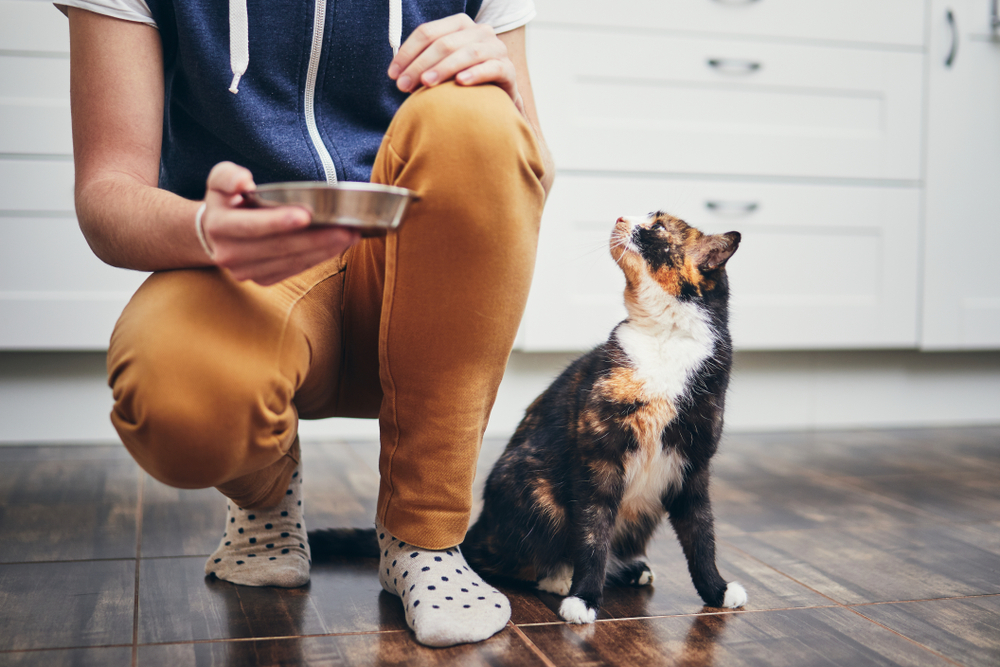
3. Aging
When cats begin aging, most start exhibiting strange behavior patterns. While some cats may forget when and how to use a litter box, others can lose appetite or enthusiasm. Another common sign of your cat aging is becoming clingy or overly needy and dependent. If this occurs, you probably already know there won’t be a cure, although you could do your best to keep your cat happy and peaceful by providing them with plenty of love and affection.
4. Fear or Separation Anxiety
Your cat can become needy over time and overly affectionate if they are anxious or under stress. Cats are prone to separation anxiety, which is a condition they may develop if they spend too much time on their own while you are at work. If you tend to leave your cat alone at home often, make sure to provide it with plenty of mental and physical stimulation. There are several things you could do to prevent your cat from developing separation anxiety.
- Let the radio or the TV play in the background while your cat is home alone to reduce the feeling of loneliness.
- Do not encourage attention-seeking behavior. When your cat is extremely needy or clingy, ignore them until they calm down.
- Cats adore living by a routine, so make sure to stick to a regular schedule when it comes to your cat. If you keep leaving the house unexpectedly and spontaneously, they will never get used to being left alone.
- Install a window perch to allow your cat to observe nature and events happening outside of their window. This will keep them occupied for hours, especially on a sunny day since cats love basking in the sunlight.
- Provide plenty of interesting puzzles and toys.
- Encourage your cat to become more independent when you are together.
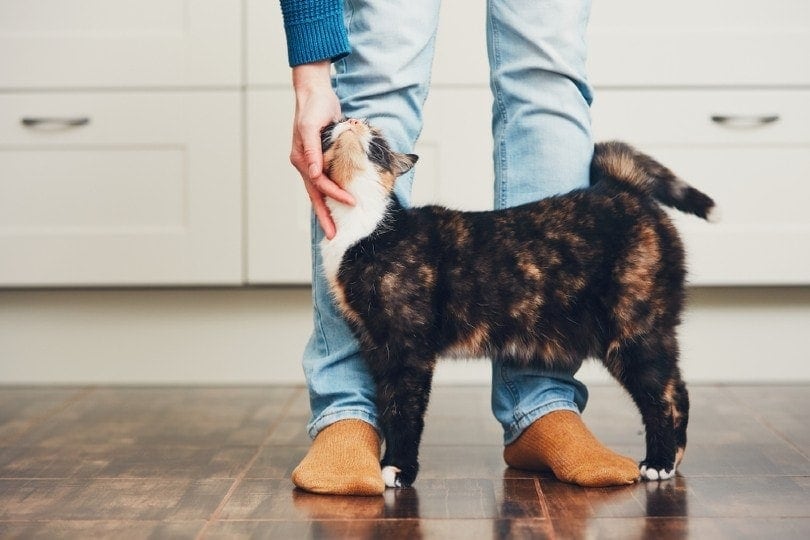
5. Health Problems

If you need to speak with a vet but can’t get to one, head over to PangoVet. It’s an online service where you can talk to a vet online and get the personalized advice you need for your pet — all at an affordable price!
The last, and, fortunately, least possible reason why your cat is being clingy is due to some underlying medical issue. Clingy behavior can be a sure sign of your pet being in pain and asking for your help and attention. You need to be able to differentiate severe cases of clinginess from those situations when your cat simply needs attention. Some other signs of an underlying medical condition will be:
- Loss of appetite
- Eating more
- Not using the litter box properly
- Drastic mood changes
- Lethargic state
- Sudden weight fluctuation
- Meowing loudly and persistently
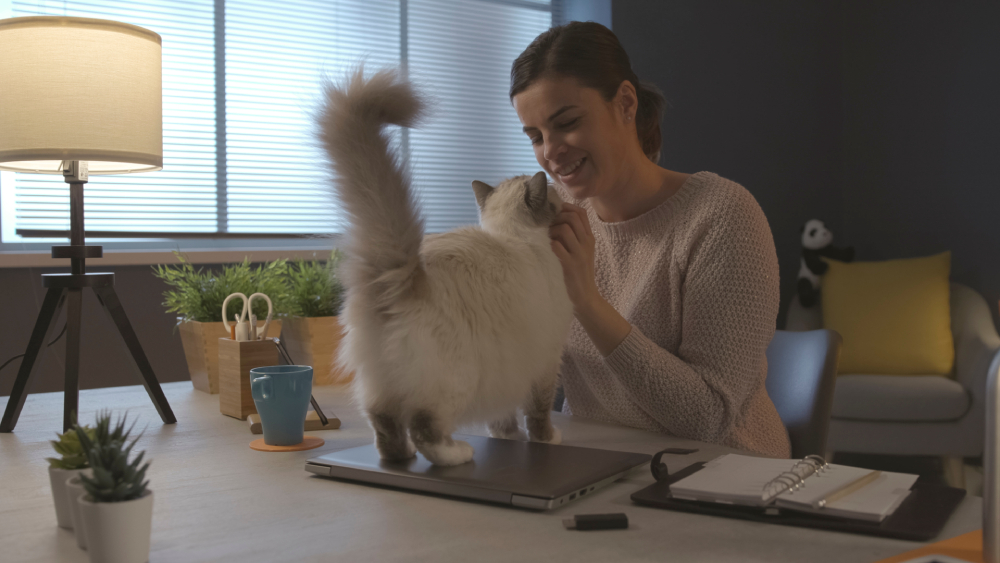

How to Help Your Cat When They Won’t Leave You Alone
Even though most pet parents enjoy every moment spent with their loving companions, everyone needs time alone. It is unhealthy for your cat to become so desperate for attention. When your cat becomes so clingy and needy that you can’t even go to the bathroom without them calling you, you should start searching for ways to stop this behavior. Preventing this behavior can also help reduce the risks of separation anxiety.
- Keep a constant daily routine that will help your cat understand when you return home each day.
- Do not reinforce clingy and needy behavior.
- Reward your cat when they manage to calm themself down.
- Set up boundaries.
- Don’t bother your cat when they seek privacy and want to be alone.
- Bring home another pet that will get along nicely with your cat and fit into the family.
- Check your cat’s health with your vet.
- Make a special and comfortable area where your cat can relax and feel safe.
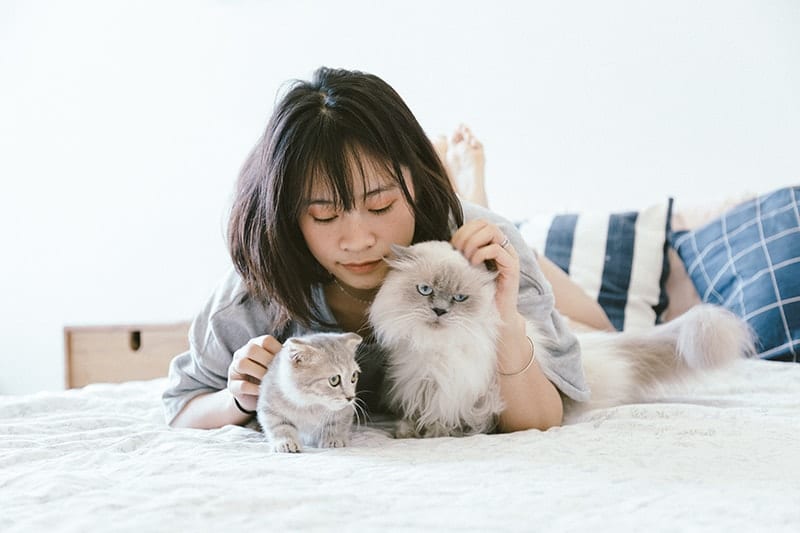

Conclusion
When your cat doesn’t seem to leave you alone, it is essential to differentiate between normal behavior and one that is caused by a condition or an illness. Cats tend to become clingy when they are bored or lonely, which is nothing serious to worry about. However, when your cat is codependent and overly vocal or lethargic, those may be the signs of an underlying condition. If you are still unsure about your cat’s clingy behavior, it is always recommended to speak to your vet and seek advice that can help your cat deal with their troubles.
Featured Image Credit: Evan Abram McGinnis, Shutterstock

